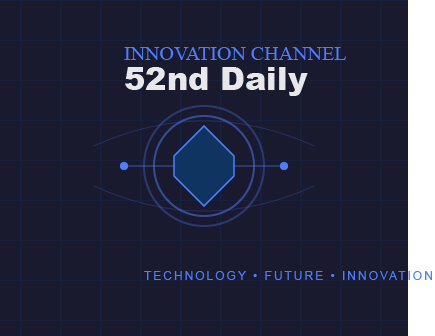
Artificial Intelligence (AI) tools have revolutionized how we interact with technology, making tasks faster and more efficient. But as the convenience of these tools grows, so does a pressing question: are they impacting our ability to think critically?
A new study titled AI Tools in Society: Impacts on Cognitive Offloading and the Future of Critical Thinking delves into this, examining how AI tools influence critical thinking through a phenomenon called cognitive offloading.
What Is Cognitive Offloading?
Cognitive offloading is when we rely on external tools (like AI assistants, search engines, or apps) to handle cognitive tasks that we might otherwise perform ourselves. This could mean using AI to generate answers, remember details, or analyze information.
While this can save time and mental effort, it may also lead to a reduced engagement in the deeper thought processes that underpin critical thinking.
If we spend less time actually going through the information and data itself, it can also result in us not understanding what it really means, and forming mental connections to other information, which is how new creative ideas are formed.
Study shows AI use can result in decreased Critical Thinking
The study involved 666 participants across various age groups and educational backgrounds, combining surveys and interviews to understand how AI tool usage affects cognitive abilities. What the researchers found was:
- Increased AI use results in decreased Critical Thinking: Frequent use of AI tools was strongly associated with reduced critical thinking scores. Participants who heavily relied on AI tools were less likely to engage in independent analysis and problem-solving.
- These results were also statistically very significant. There was a strong negative relationship between AI usage and critical thinking (r = -0.68)
- The role of Cognitive Offloading: Cognitive offloading to AI was the most likely reason for this decline in critical thinking. Participants who used AI for routine cognitive tasks, like decision-making or memory retrieval, reported lower levels of cognitive engagement and critical thinking.
- Younger, less educated people may be the most affected: Age and education played a significant role. Younger participants (17–25 years) were more likely to rely on AI tools and showed lower critical thinking scores compared to older participants. Conversely, individuals with higher education levels demonstrated stronger critical thinking abilities, even with AI use.
- Education can reduce the negative impact of relying on AI: The study found that advanced education mitigates some of AI’s negative effects. Educated participants were more likely to cross-check AI outputs and engage critically with the information.
In addition to the study here, I can also highlight that relying on AI tools for creative tasks (such as image generation, editing, writing or coding) can result in the skills people build up beginning to decline, since their mind does not need to be as actively engaged in the task. This may result in the outputs people produce becoming less creative, innovative or high quality than they could be. Or worse yet, that people never put in the hard work to develop those skills in the first place.
Implications for Education and Society
The findings highlight the need for educational systems to adapt. While AI tools are becoming indispensable, educators must ensure that students continue to develop critical thinking skills. Here are some actionable steps:
- Encourage active engagement with the underlying information: Instead of passively relying on AI-generated content, students should be encouraged to analyze and question it. (Ed: I notice this myself when working with AI, when it often still outputs information which is not quite accurate)
- Teach AI Literacy: Understanding how AI systems work and their limitations can empower users to critically evaluate AI-generated outputs.
- Balance AI Usage: Promote a balanced approach where AI tools complement rather than replace human cognition. After all, AI is a tool. It is not a replacement for your own ideas or insights.
AI tools undoubtedly offer immense benefits, from efficiency to personalization. And if you treat it for what it is, a tool, then you can use those tools to produce work which best represents what you can do, just more efficiently.
However, as this study reveals, over-reliance on these tools can erode critical thinking (a skill vital for problem-solving, decision-making, and being an informed part of society).
By fostering a culture and mindset of critical engagement and thoughtful AI integration, we can harness the best of technology without compromising our cognitive abilities.





